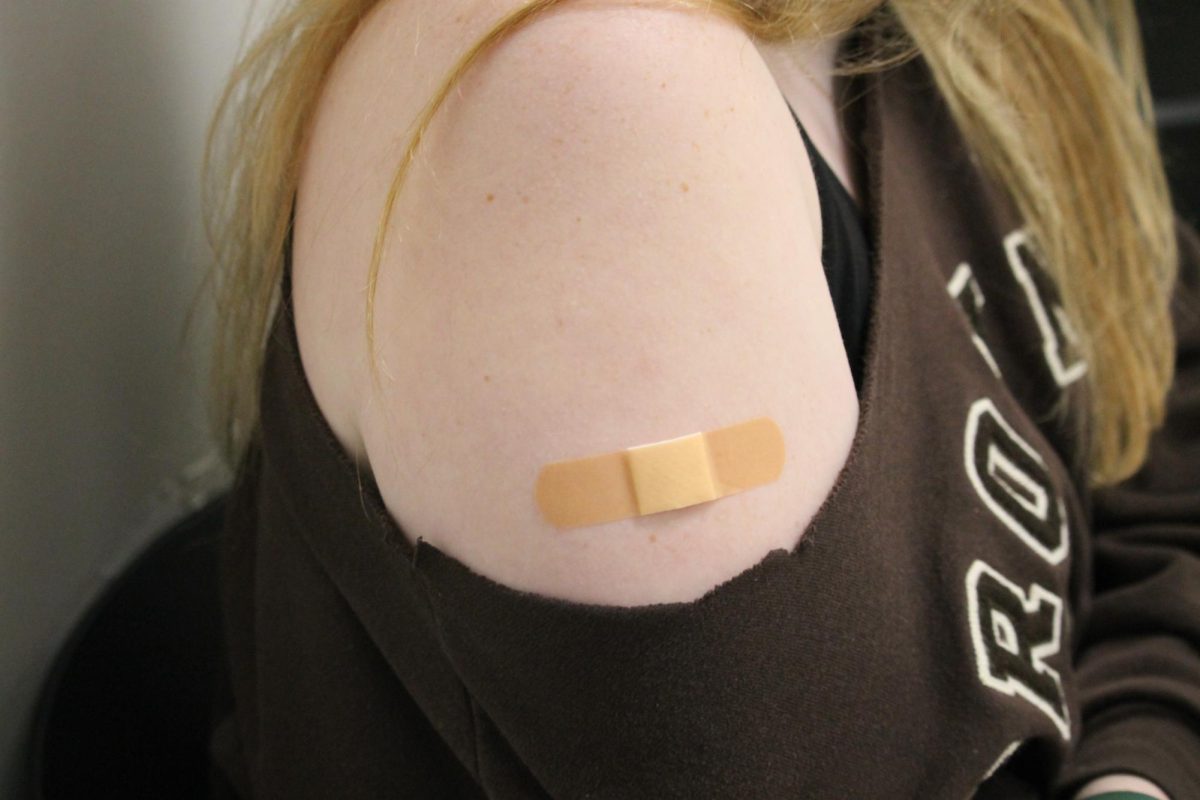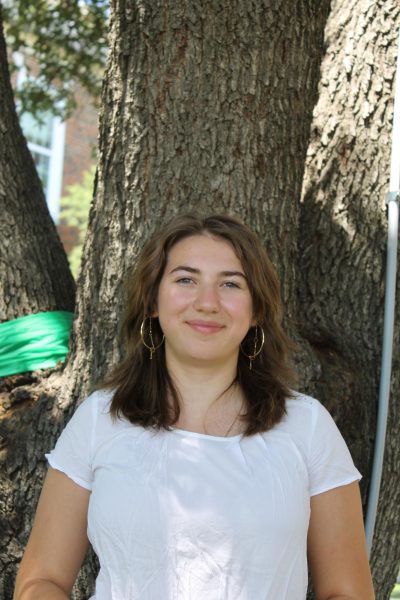With the school in the heart of the flu season, a multitude of students and staff are out sick. Combined with the decrease in vaccinations, schools risk facing serious health issues in the future. Vaccines provide immunization, and have been a medical tool utilized for years.
“Vaccines were identified as one of the great public health accomplishments of the last century,” Director of Dallas County Health and Human Services (DCHHS) Dr. Phil Huang said. “People really shouldn’t forget the positive impact that they’ve made.”
Vaccines are made up of antibodies that provide immunity against a disease, developed to decrease the risk of contracting an infection from a sick person.
“A vaccine is a form of preventative treatment against diseases, such as viruses and bacteria, that are contagious and create an immune response in our bodies in order to fight off these diseases that you may come in contact with,” Registered school nurse Mollie Brennan said.
Schools mandate a multitude of vaccines, including tetanus, polio, measles, hepatitis B and hepatitis A. These vaccines are mandated to prevent a disease outbreak, especially in schools, a known breeding ground for infectious disease.
“Students are changing classes and working together on group projects and hanging out on the weekends,” Bremmam said, “It’s just kind of a cesspool. Everyone’s sharing computers, the water fountains, you name it. This is their [bacteria’s] heaven.”
Despite the risks of contracting diseases at school, some vaccines, such as COVID and the flu, are not mandated. The state of Texas allows vaccine exemptions due to conscious decisions, including religious reasons, a medical exemption, or infants and elderly. Due to these specific vaccines not being mandated, students who are not vaccinated against the flu and COVID lead to higher chances of the flu being around the school.
“Vaccines are called herd immunity when 70% of people get vaccinated, and so it creates immunity for everyone,” Huang said. “I don’t think people realize how serious it is. We’re lucky that our grandparents and everyone were vaccinated and so the world we’re living in right now is generally vaccinated. But if our generation now stops vaccinating their kids and then our kids not vaccinating their kids, all of these viruses that we’ve created immunity against will all come back.”
Despite people who aren’t able to be vaccinated, it is a choice to continue to allow future generations immunization from infectious diseases. Even though vaccines don’t provide 100 percent immunization against a disease, they do offer an effectiveness of almost 0.98 percent, depending on the specific vaccine. Across the board, though, vaccines provide a better standing against being sicker and weaken symptoms, allowing for a faster recovery rate.
“It’s not 100 percent preventative, but even if you were to get the flu and your flu and you’re vaccinated, the symptoms will be milder, it won’t last as long, and you’re less contagious,” Brennan said.
Recently, schools have been faced with the flu season. People present the flu with multiple different symptoms, and when people keep coming to school it spreads further infection. Because of this, some schools have had to shut down due to the amount of children and staff falling sick, such as the North Texas schools districts Comanche ISD and Morgan ISD.
“There are schools that close, maybe for a day, maybe for a week, if they start to see high absenteeism or high numbers of teachers and other staff who are out because of the flu,” Van Deusen said, “That could impact the instructional time that students and teachers are able to be in the classroom for, and could impact learning.”
Despite the proven effectiveness of vaccines, there has been a large amount of misinformation spread through the news and social media, such as the myth that vaccines cause autism and that the COVID shots contain microchips. Because of the huge scare and panic disinformation and misinformation caused, people have been reluctant to become vaccinated.
“When there is misinformation, disinformation, politics that’s getting people to think that they don’t want to get vaccines, that’s concerning,” Huang said.
People take the vaccination successes of previous years for granted. Now that people are granted immunization for diseases years ago, people neglect the need to maintain immunity, creating vulnerability and danger in this generation and for future generations.
“You don’t see those anymore, tons of deaths, even due to measles, pertussis, all these vaccine-preventable diseases that the vaccines really decreased,” Huang said, “In some ways, we’re a victim of our own success.”




